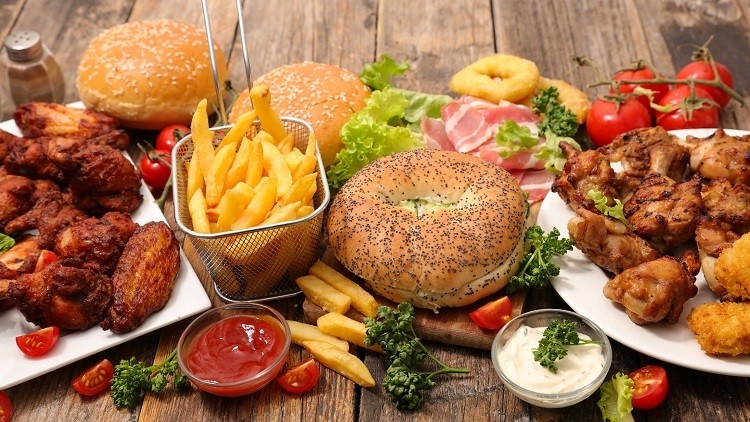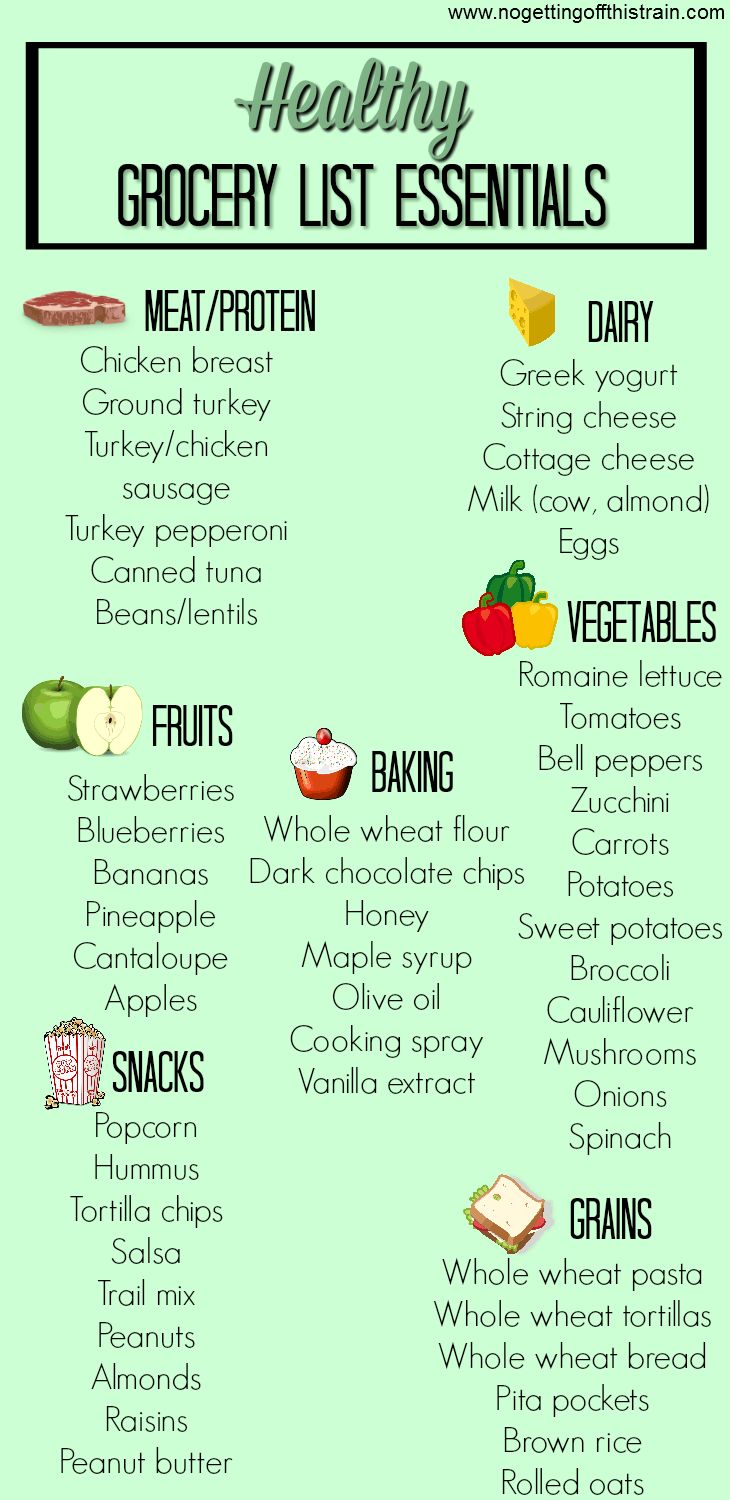
A good heart healthy diet and regular physical activity are your best bets for preventing heart disease. Women don't tend to put heart care at the top of their priority list. But, it's a big mistake for women to think that pills can stop the progression or heart disease. Research has shown that lifestyle changes can reduce the risk of heart disease by up to 80 percent. Here are some ways to improve your heart health and prevent heart disease.
Your risk factors can be identified and reduced. Your risk factors for developing heart disease include your gender, age, and genetics. It is important you know that heart disease can be experienced by men and women in different ways. This is why it is important to learn about the risks for each. There are several lifestyle changes that can be made to lower your risk of developing this disease. What lifestyle changes will work best for you?

Start with a heart-healthy diet. Plant-based foods are better than lean meat. You can also eat whole grains and nuts. This will keep you healthy and lower your risk of getting heart disease. Maintaining a healthy heart is crucial for controlling blood pressure and preventing strokes. You can make small changes to your daily life. You can make small, positive changes to improve your heart health and lower your risk of developing cardiovascular disease.
You can prevent cardiovascular disease by taking measures to keep your heart healthy. Your diet, exercise, and weight can all be changed to prevent future heart attacks. If you live a healthier lifestyle, your chances of developing coronary disease are lower. To keep fit, you must improve your diet and physical activity. This will reduce the chance of you getting this condition. By adopting healthy lifestyles, you can improve your overall health.
Exercise is an important part of a healthy lifestyle. A healthy lifestyle can also lower your risk of heart diseases. Cardiovascular disease can be prevented by getting enough exercise. The best way is to keep active. If you do not exercise, do some exercises instead. You can do this by starting a new hobby. Doing this will allow you to get in shape, and decrease your chance of getting a heart attack.

You should be screened for cardiovascular disease if you have more than one risk factor. It is possible to have your body mass and waist circumference measured by a blood test. You should also have your cholesterol levels checked to make sure your blood pressure is below the normal range. Smoking, alcohol intake, and tobacco use should be avoided. A healthy lifestyle will help you stay healthier. You will be less likely to have heart disease if you can reduce your risk factors.
FAQ
How many calories per day should I consume?
This will vary from person-to-person. On average, 2000 to 2500 calories are consumed per day. It is important to consider your lifestyle and determine how many calories you'll need.
Cardio Exercise: Good or Bad for Your Health?
Cardiovascular exercise offers many benefits. It increases blood circulation, strengthens the heart muscle, boosts stamina, aids in weight loss, and gives you more energy.
Cardiovascular exercise includes running, biking, hiking, swimming, tennis, basketball, soccer, volleyball, football, etc.
It is important to keep in mind that cardio exercises should not only be performed at a high level of intensity, but also at low levels. This could result in injury.
Cardiovascular exercise should be done only if you feel well.
Don't push yourself beyond what you can handle. If you do, you might injure your self.
When you engage in cardiovascular exercise, it is best to warm up first. Next, increase your intensity gradually.
Remember, you should always listen to your body. You should stop immediately if you feel any pain while doing cardiovascular exercise.
It is also advisable to rest after a cardiovascular workout. This will allow your muscles to rest.
Cardiovascular exercise can help you lose weight.
It is the best way for you to lose calories and decrease belly fat.
What are the best foods to avoid when trying weight loss?
Trans fats should be avoided. Trans fats increase LDL (the harmful) cholesterol and lower HDL (the good).
Trans fats are commonly found in fast food, deep-fried and packaged baked goods as well snack cakes and other processed foods.
These unhealthy fats also cause inflammation, leading to heart disease and diabetes.
Foods containing artificial sweeteners should also be avoided. Artificial sweeteners have been linked to an increase in cancer risk.
These chemicals are found everywhere, from soft drinks to chewing candy to candy bars to chewing gum. These chemicals are also found in meat, poultry, eggs, and other foods.
Artificial sweeteners include saccharin and sorbitol.
The American Heart Association suggests that you avoid these chemicals as they can cause DNA damage in your cells.
Why Metabolic Health Is the Key to Aging Well?
People live longer today than ever before. However, as they age, so do their chances of getting sicker. Despite making great progress in medical science, it is becoming more apparent that our current approach to medicine is not working.
It is time to change the way we view health and aging. For healthy aging, it is important to look at metabolic well-being - not just weight reduction but overall wellbeing.
You must ensure your metabolism is strong and healthy throughout your life if you want to lead a long, active life.
There are many options to improve your metabolic health. You can improve your metabolic health by incorporating these 7 foods in to your diet.
-
Resveratrol has been found to be a key ingredient in blueberries, and it has been shown that it can help increase cell longevity. They also provide antioxidants and vitamins C & E.
-
Pinto beans and lentils make excellent sources of fiber as well as plant-based protein. These nutrients keep blood sugar levels stable so that they don't spike or crash.
-
Broccoli contains sulforaphane, shown in studies to protect cells against DNA damage. It may even be able to slow down cancer progression.
-
Chia Seeds have high levels of omega-3 fatty oils and fiber. They are also high in antioxidants and proteins. All of these nutrients are good for heart health, brain function, gut health, and overall health.
-
Green tea contains catechins, which are polyphenols. Green tea's catechins have been linked with reduced bone fractures as well as cardiovascular disease, cognitive decline, dementia, and increased diabetes risk.
-
Salmonis one of the best sources of lean protein, low in saturated fat, and packed with vitamin D.
-
Walnuts have omega-3s and antioxidants such as alphalipoic acid (ALA). ALA aids in energy production and protection against inflammation.
Statistics
- Are You One of the 20% of Guys (mh.co.za)
- By John Thompson Take a whopping 38% off a set of PowerBlock Pros. (menshealth.com)
- 10 pounds in a month is likely during a lean bulking phase, especially for beginners. (muscleandstrength.com)
- The PRS enabled risk stratification for overall prostate cancer and lethal disease with a four-fold difference between men in the highest and lowest quartiles (HR, 4.32; 95% confidence interval [CI], 3.16-5.89). (pubmed.ncbi.nlm.nih.gov)
- An estimated calorie range for moderately active adult males falls between 2,200 to 2,800 calories per day, depending on age. (eatright.org)
External Links
How To
What should I have before I go to the gym?
For weight loss, you should eat fewer calories per day than you burn during exercise. You must also eat all of your nutrients.
This includes protein, carbohydrates fats, vitamins and other nutrients.
The best way to do this is by eating smaller meals throughout the day rather than three large ones.
It is possible to not do as well if your body is too full when you work out.
Consider drinking water rather than sugary energy drinks. This will help you stay hydrated as well as energized.
But make sure you're getting enough fluids. Too much water can dilute your electrolytes.
For proper functioning of your body, electrolytes are necessary.
Sports drinks are an option if you don't have water. They are high in potassium, sodium, calcium, magnesium and other minerals.
This help replenishes lost electrolytes. However, these won't replace any electrolytes that you might have lost from sweating.
Multivitamins can help you avoid salt loss from exercise if you are worried.
These include extra vitaminB6, which regulates your body's sodium level.
Supplements are not recommended if you don’t know the amount of salt in your food or beverages.
They aren’t controlled by the Food and Drug Administration.
Certain brands of sports drinks might contain more sodium than others.
Some sports drinks could even contain artificial sweeteners. These could cause digestive problems.
Sea salt is an option if you don't want to eat too much salt.
It has fewer chemicals than table salt.
Sea salt is also low in iodine, another mineral needed for healthy thyroid function.